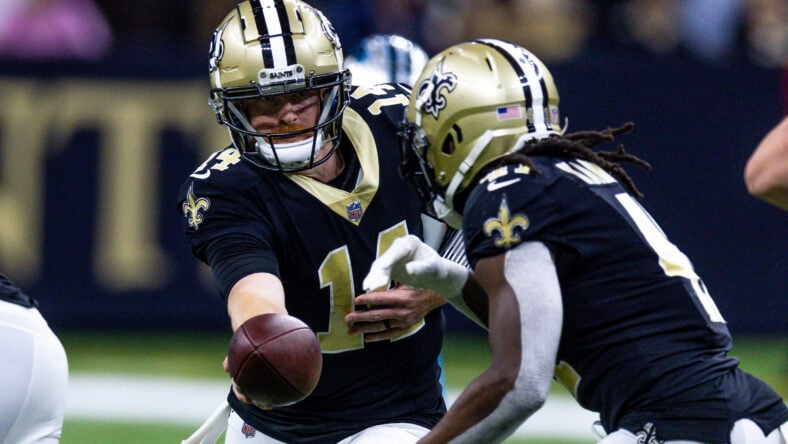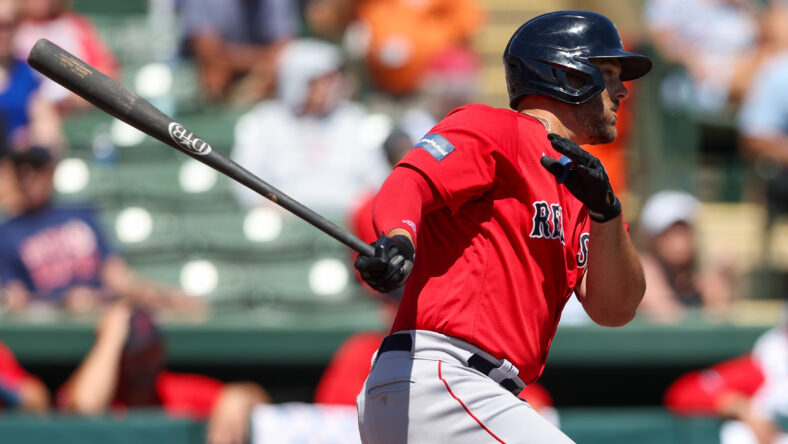CTE Coverup? New Lawsuit Could Expose NHL & “Denier” Gary Bettman
For years, NHL Commissioner Gary Bettman has denied a direct link between concussions from hockey and a CTE diagnosis. Despite a number of former players dying young with brains posthumously diagnosed with CTE, Bettman has publicly cast doubt on whether concussions from hockey was the cause of the deadly disease. When the NFL came out in 2016 and acknowledged a direct link between football and CTE, Bettman’s denials continued. When hundreds of former players brought a class action lawsuit against the NHL in 2013, the NHL settled for $19 million, offering $22,000 per player, yet, Bettman again publicly denounced a definitive link between concussions and CTE.
The class action settlement saved the NHL from having to publicly disclose its own handling of and knowledge of concussions and CTE amongst players. But, a new lawsuit could change that. A number of families of now deceased NHL players opted not to take the settlement money and instead brought their own lawsuits against the NHL, choosing to go head to head with Bettman and those within the league who are trying to push the alleged truth of claims to the waist side. A new lawsuit could force the NHL to open its books/documents during discovery and come clean about what it knows and how it has handled repeated concussions.
One of the opt-outs from the 2018 settlement is the estate of the late Steve Montador. Montador died at the age of 35. He played for multiple teams in the NHL including the Calgary Flames, Florida Panthers, Anaheim Ducks, Boston Burins, Buffalo Sabres and Chicago Blackhawks. The NHL tried to have the family’s claim dismissed but last week a Judge gave the Montador estate clearance to move forward against the NHL. The family has to prove the league was negligent in its duty as the governing body for the teams Montador played for while he was alive and liable for the circumstances leading to his 2015 death.
The case could shine a light on the NHL’s handling of medical developments surrounding brain injuries and its policy decisions with respect to those developments.
Montador played in over 500 NHL regular-season games and passed away in 2015. A posthumous examination of Montador’s brain revealed that he suffered from CTE. The legal complaint states that during his career, Montador suffered from 11 documented concussions including four within a span of 12 weeks in 2012. An examination of Montador’s records revealed a total of 19 actual concussions during his time in the NHL.
Because Montador spent a number of years playing for the Chicago NHL franchise, the estate argued the NHL was negligent under two separate Illinois laws. Those laws require employers inform workers of the risk of on the job injuries and protect them. In response, the NHL argued that the collective bargaining agreement does not require it to inform or protect against such injuries. The court rejected that argument, saying the common law and not the CBA obligates the NHL to protect and inform its employees.
Much to the disappointment of the heartbroken families, the NHL has maintained a strong public stance that its brand of ice hockey holds no serious risk for athletes in terms of their neurological health. This blanket denial of CTE’s link to concussions sustained in hockey includes Commissioner Bettman stating several times on the record that no link between playing ice hockey and the development of CTE exists. The NHL also enlisted the services of medical practicioner Rudy Castellani as an expert witness in the 2018 class action suit. Castellani became well-known for his controversial denial that CTE was even a legitimate diagnosis.
Moreover, success by the Montadors in this suit could lead to more lawsuits levied by current and former players seeking similar damages who have opted out of or are not covered by the settlement. To avoid more litigation, the NHL might have to significantly alter its public position and implement safety measures.
Back in March of this year, the NHL reached a settlement with the widow of hockey enforcer Todd Ewen who took his own life in 2015. His wife, Kelli Ewen claimed the league knew of the risks of CTE and attributed her husband’s suicide to the long term brain injuries he sustained while playing in the NHL. Ewen played 11 seasons and frequenrly fought in almost every one of his games. He sustained memory problems and suffered from depression after his retirement.
Barring a settlement in the Montador case, his estate now bears the burden of proving the NHL was criminally negligent and that negligence rises to the level where the court must grant the estate significant damages. But the real damage to the league could possibly come from the disclosure of internal documents it has so far avoided having to hand over, if in fact the league has had ongoing knowledge and discussions about the risks of CTE.
Reporter Derek Helling enterprised this topic and contributed to this article.
Categorized:NHL LOJ Exclusives The Latest



